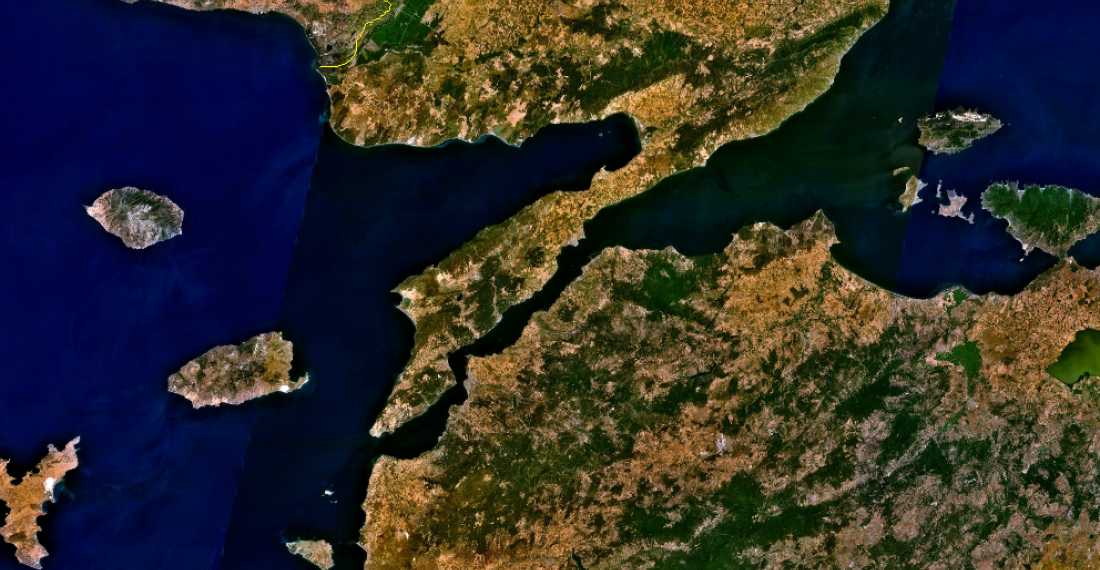The Kanal Istanbul mega-project will result in greater peace of mind for the Turkish nation, Turkish president Recep Tayyip Erdogan stated on Wednesday (14 April).
Referring to the 1936 agreement on the Turkish straits, known as the Montreux Convention, President Erdogan said "the Kanal Istanbul project, which has nothing to do with the Montreux Convention, will bring Turkey greater comfort and peace".
"We are bringing about work through which we will establish our own independence, our own sovereignty in full measure," he added, speaking at the Presidential National Library in Ankara.
Erdogan stated that with the Canal Istanbul project, the city would achieve great richness, and the Bosporus – one of the two Turkish Straits – will be relieved over environmental concerns.
The President has previously argued that as an alternate to the Bosporus, the canal would relieve dangerously heavy ship traffic in the Straits, and in particular shipments of hazardous materials.
The Montreux convention guarantees the free passage of civilian vessels in times of peace and limits the passage of naval ships that do not belong to littoral Black Sea states and governs foreign cargo ships.
Signed on 20 July 1936 at the Montreux Palace in Switzerland, the convention gave Turkey permission to remilitarise the Bosporus and Dardanelles. It went into effect on November 9, 1936, and was registered in the League of Nations Treaty Series on December 11, 1936.






